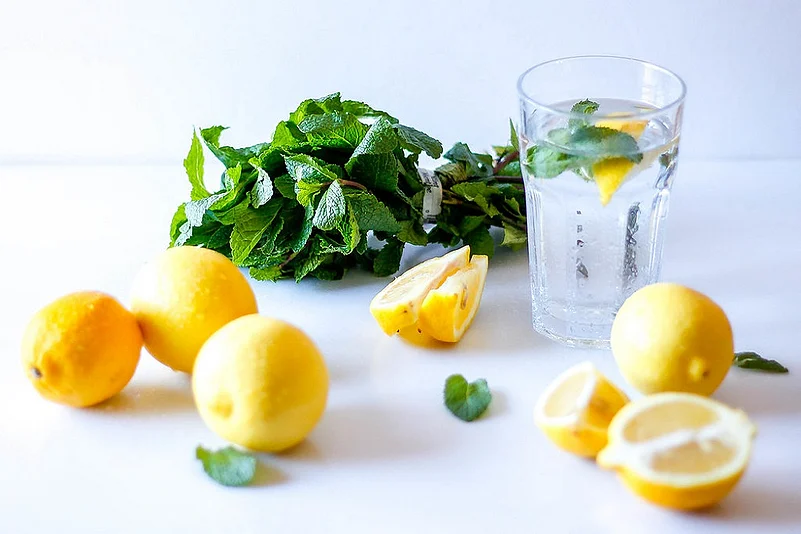Summer’s here, and once again, it promises to be a scorcher with temperatures already climbing above 40 degrees across most parts of the country. Although we can’t dial down the sun, there are a few easy ways to stay hydrated and ensure that we don’t lose our cool. Here’s some of them:
Watermelon: This delicious and refreshing fruit with high water content not only helps us beat the heat, it is also packed with nutrients and vitamins and anti-oxidants which ensure good health and immunity. These include Vitamin C, which is an antioxidant that also helps prevent cell damage from free radicals; Lycopene, a potent antioxidant which gives plant foods such as tomatoes and watermelon their red colour and is linked to many health benefits; Cucurbitacin E, a plant compound known for its antioxidant and anti-inflammatory effects and is also good for your eyes, as well as vitamin B6, potassium and magnesium.
Cucumber: While most of us see this as a vegetable, it is actually a fruit. Low in calories and with a large amount of water and soluble fibre, this unassuming fruit helps us stay hydrated while providing us with several important vitamins, minerals and antioxidants like flavonoids and tannins, which fight harmful free radicals and help reduce the risk of chronic diseases. Some research indicates that it may also help control blood sugar. Another soluble fibre found in cucumbers is pectin, which helps regularise bowel movements. Dehydration during summer months is one of the major causes of constipation.
Curd: Apart from keeping you cool, curd is loaded with several vitamins like B-2 and B-12, as well as essential nutrients like calcium, potassium, and magnesium. It is also a probiotic, which is essentially something containing beneficial bacteria which helps digestion. Your gut and intestinal tract also protected against disease causing germs by the active cultures found in curd. Stomach ailments are common during summer because food tends to spoil faster in the heat. Non or less-fat curd with nutrients like potassium and magnesium also helps in lowering high blood pressure and preventing cardio-vascular diseases. Curd also moisturise your skin, keeping it soft and glowing. And you can also use it as a face pack, since lactic acid is an exfoliator which removes dead cells and blemishes from your face.
Coconut water: Packed with electrolytes, vitamins, minerals and antioxidants, coconut water has been used to treat dehydration for centuries. In traditional Ayurvedic medicine, it is said to help digestion, urination, and even semen production. A glass of coconut water has as much potassium as a banana, which maintains fluid and electrolyte balance in the body, especially during exercise. Calcium and Magnesium helps maintain strong bones and teeth and prevents cramps. Amino acids in coconut water help repair tissues and deal with physical stress. Cytokinins, the hormones that help plants grow, are said to have to have antiaging and cancer-fighting properties. Opt for fresh rather than packaged coconut water.
Lemon water: Apart from being a major source of Vitamin C, lemons, like other citrus fruits — including oranges, grapefruit, and limes--are also rich in flavonoids, or compounds that help
boost health and fight disease. Vitamin C -- a powerful antioxidant --also boosts the immune system, helps wounds heal faster and absorb iron from foods. While it is the paani (water) in nimbu paani which helps us stay hydrated during summer, the anti-oxidants in lemon juice help reduce cell damage and many health conditions, including cardiovascular disease, diabetes, obesity, and even cancer. Some studies suggest that drinking lemon water may also help treat kidney stones. Do however keep in mind that the acid in the lemons can damage tooth enamel making teeth more prone to cavities. So try and use a straw, and if you like to have it first thing the morning, brush your teeth before breakfast.
(The author is Consultant Editor, Outlook)
















